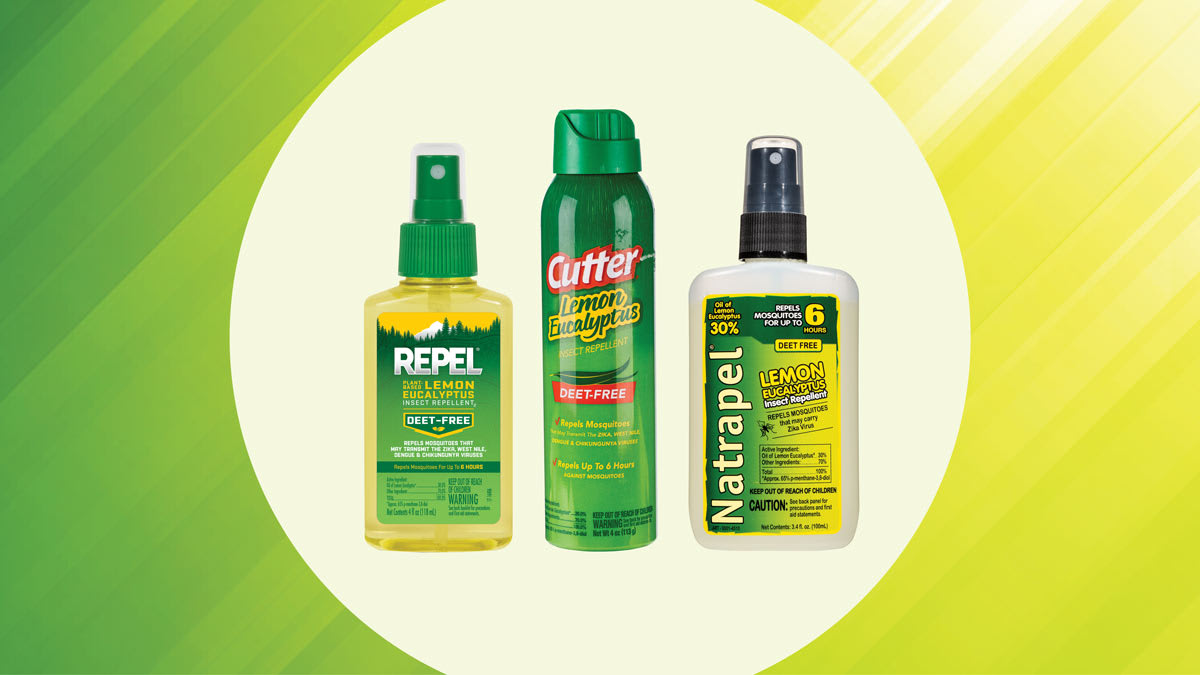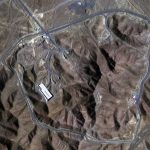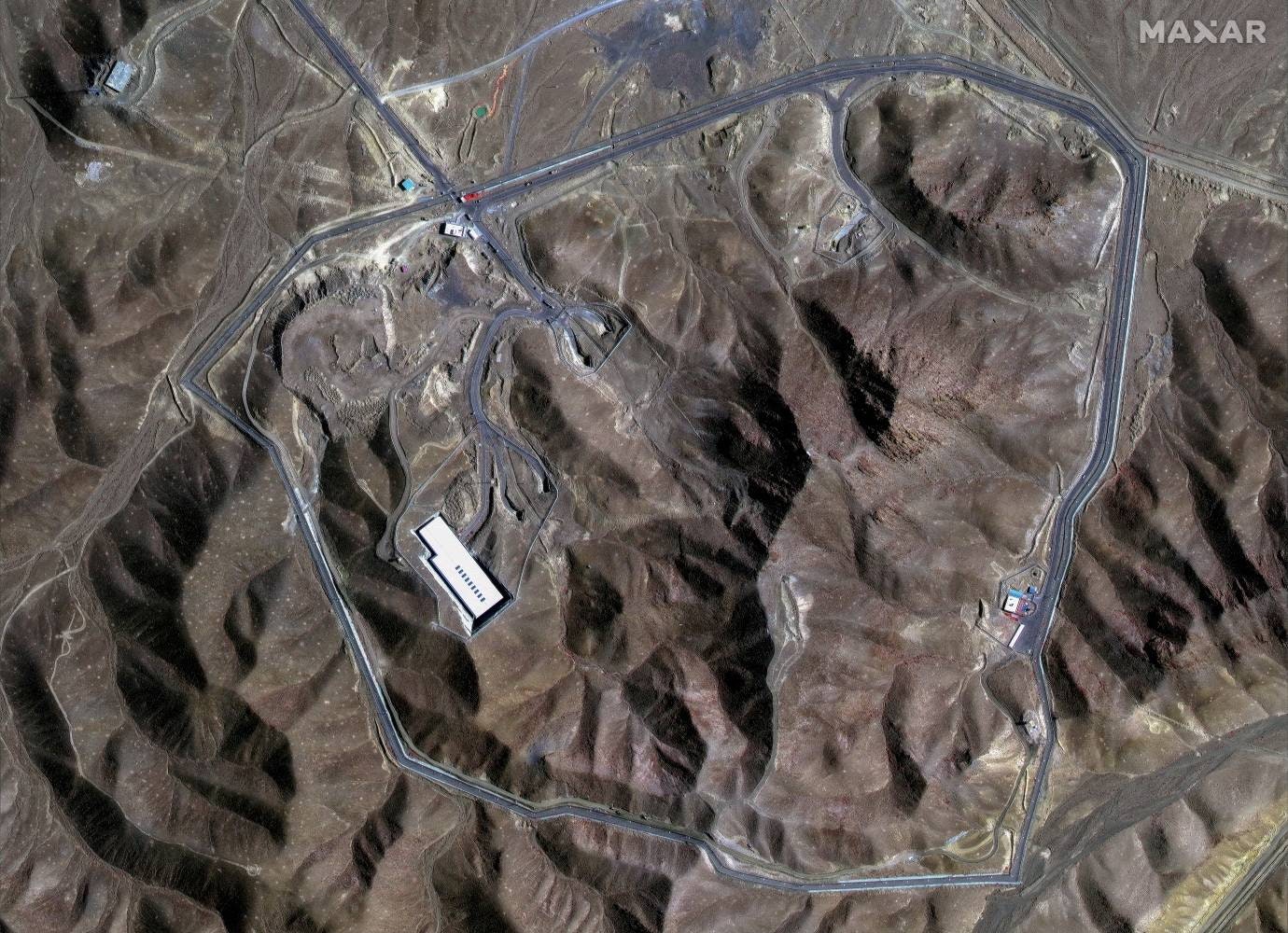
That means that after deet, oil of lemon eucalyptus has one of the best track records of success against mosquitoes in our testing, says Chris Regan, who leads CR’s insect repellent testing.
PMD can also be an active ingredient on its own, without being part of an oil of lemon eucalyptus formulation. We’ve tested one product that lists PMD alone as its active ingredient, a spray that contains 10 percent PMD (about half the concentration of PMD that’s found in 30 percent oil of lemon eucalyptus products). It ranked in the lower range in our tests.
We have only tested oil of lemon eucalyptus repellents that come in aerosol or pump spray forms. We don’t have any lotion or towelette oil of lemon eucalyptus repellents in our ratings, so we don’t know how well oil of lemon eucalyptus might perform in those formats.
The labels on the oil of lemon eucalyptus products in our ratings tend to mention only their efficacy against mosquitoes, and for most repellents, CR’s tests evaluate only how long they keep mosquitoes at bay.
But recently, we tested four repellents against ticks, just to see how various ingredients stacked up. We tested two deet repellents, one oil of lemon eucalyptus repellent—Repel Lemon Eucalyptus Insect Repellent2 Pump, a pump spray containing 30 percent oil of lemon eucalyptus—and a picaridin repellent. This particular oil of lemon eucalyptus repellent did a pretty good job in warding off ticks, typically offering at least several hours of protection. On average, the deet repellents offered slightly more protection, and the picaridin product less.
Other data also supports the fact that oil of lemon eucalyptus has some efficacy against ticks, says Joel Coats, PhD, a distinguished professor emeritus of entomology and toxicology at Iowa State University in Ames. Still, “it still doesn’t last as long as people would like,” he says.









